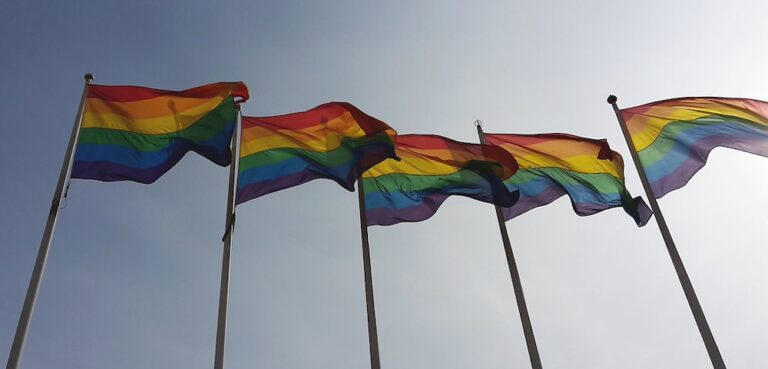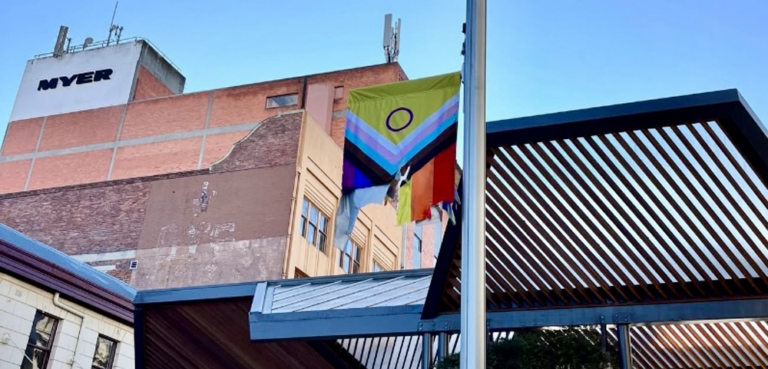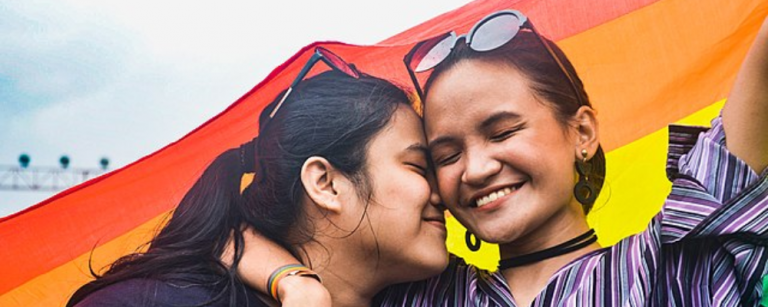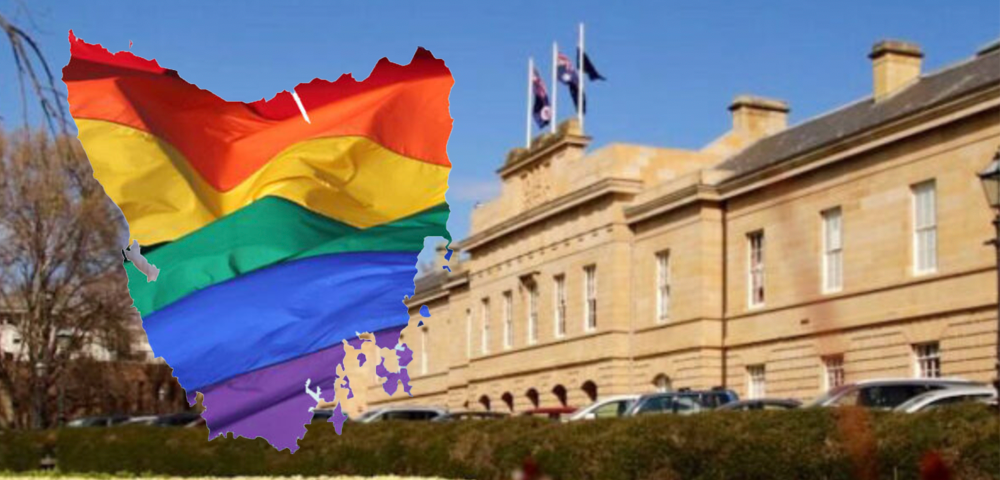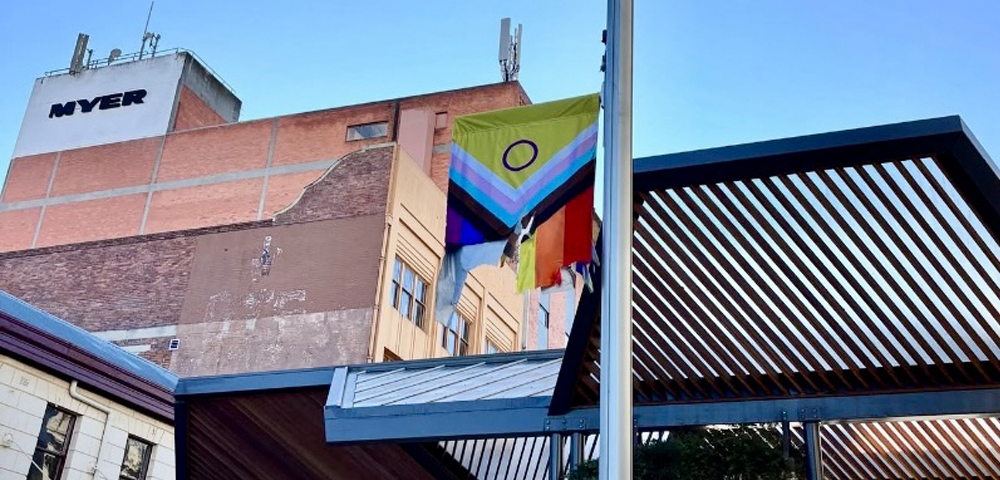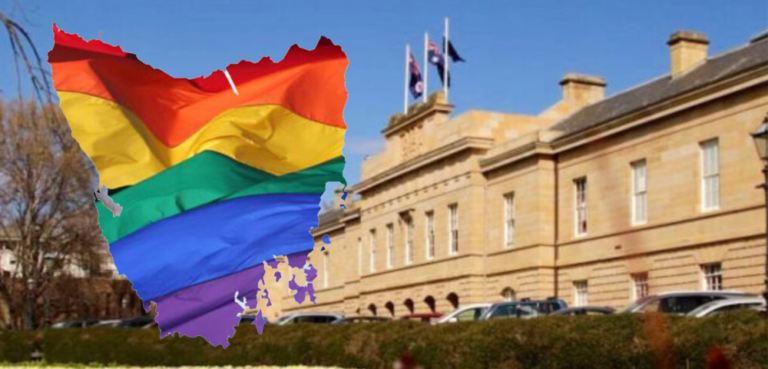
‘PNG solution’ places LGBTI asylum seekers in limbo
The federal government’s newly announced policy to transfer all asylum seekers arriving by boat to Papua New Guinea (PNG) for permanent resettlement has come under immense criticism, with growing fears LGBTI asylum seekers could be put at risk in a country which still criminalises homosexual acts.
The ‘PNG Solution,’ as it has been dubbed, comes as reports emerge that gay asylum seekers currently held in detention centres on the Australian mainland are being withheld copies of LGBTI media, including the Star Observer, with at least one gay detainee at Villawood Detention Centre in Sydney’s west saying copies have been denied by staff after friends brought in newspapers and magazines to read a fortnight ago.
“A female staff member said it could provoke a homophobic attack on me,” the Chinese-Indonesian asylum seeker told the Star Observer.
“But what is the point when they let me view LGBTI websites on the internet but don’t let me read the same thing in my room? It’s actually more dangerous to be reading in front of everyone instead of my room.”
A spokesperson for the Department of Immigration told the Star Observer that asylum seekers are allowed access to a wide variety of online media sources, including LGBTI publications, however protocols demanded that print versions of similar media could be removed.
“I can advise that to maintain the good order of the facility some items that are otherwise lawful in the Australian community may not be permitted in an immigration detention facility in any circumstances because they may present risks to the health, privacy, security or safety of those in the facility, or may be offensive to others,” he said.
The spokesperson could not provide an answer as to whether on the same proviso copies of mainstream newspapers like the Sydney Morning Herald or The Australian were also denied to asylum seekers in detention centres.
Community Action Against Homophobia (CAAH) co-convener Karl Hand told the Star Observer he was aware of the asylum seeker in question, having known him since 2007 in his capacity as pastor of Metropolitan Community Church Sydney.
“My heart breaks for this man and so many other people whom our nation is discarding like trash to the poorest of nations,” Hand told the Star Observer.
“This man’s treatment only further highlights the inhumanity of Prime Minister Kevin Rudd’s decision to send refugees to Papua New Guinea.”
Late last Friday afternoon at a press conference that caught most off-guard, Rudd indicated that all future asylum seekers to arrive in Australia by boat would be sent to PNG for processing as well as final resettlement. Human rights groups and refugee advocates lined up to criticise the decision as politically motivated, with many accusing Labor of seeking to shore up its voter base by appearing to be ‘tough’ on asylum seekers. Soon after the announcement, large protests costing up to $60 million in damages spread across the Pacific island of Nauru, where up to 600 asylum seekers are currently detained in make-shift camps. Writing in The Guardian on Monday, prominent social commentator David Marr declared Rudd’s move “an unimaginable course for a civilised country to take”.
“LGBTI people face persecution in many countries across the globe,” Greens Senator Sarah Hanson-Young told the Star Observer. “For Australia to be complicit in that by knowingly sending someone to face intimidation and oppression is a sickening state of affairs and it has to be avoided at all costs.”
A traditionally Christian country, PNG’s current penal code criminalises male same-sex sexual activity, with any persons caught engaging in sodomy eligible for 14 years imprisonment while other same-sex sexual acts are punishable by three years jail. In 2011, the PNG government informed the United Nations that it would not decriminalise homosexuality, while only last year former PNG Parliamentarian Dame Carol Kidu described gay Papua New Guineans as being forced to live lives of secrecy while railing against the government’s firm stance against decriminalisation.
Amnesty International spokesman Senthorun Raj told the Star Observer the Government’s plan was extremely troubling.
“Under the new asylum policy, LGBTI asylum seekers are put in a precarious situation. Either they ‘come out’ to make their refugee claim and risk punishment or they remain silent and are returned to their country of origin where they face persecution,” Raj said.
Raj, who as a Churchill Fellow is studying issues surrounding LGBTI people and asylum, said it put refugees in an absurd position.
“The Refugee Convention requires that states refrain from sending refugees to places where their life or liberty would be threatened. PNG’s law punishes same-sex relationships with prison sentences of up to 14 years.”
At a meeting held by Foreign Minister Bob Carr with LGBTI advocates last Friday, the government assured those present that it will be working with overseas governments, including PNG’s, to decriminalise homosexuality in the Pacific region. Tasmanian Gay and Lesbian Rights Lobby spokesman Rodney Croome told the Star Observer it was important to continue fighting for equality in neighbouring nations.
“I saw first-hand in Tasmania how destructive these laws are for LGBTI people, so I welcome Bob Carr’s commitment and will be doing all I can to make sure it is implemented,” he said.

